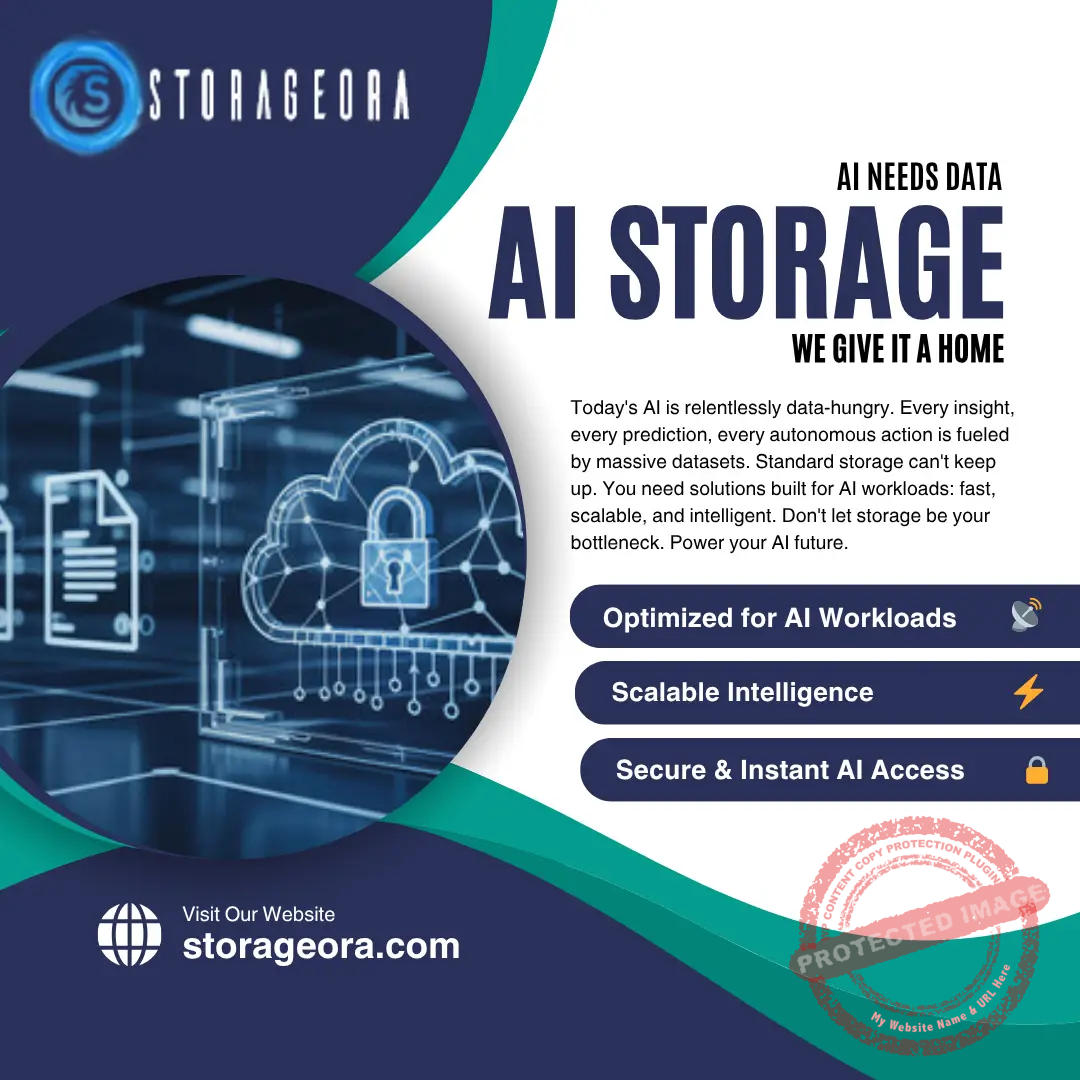Why next-generation hosting is built around relentless verification, automated defense, and always-on resilience.
The Escalating Threat Landscape For Hosted Services
As more businesses migrate from on-premise infrastructure to cloud-based hosting, attackers have followed. In 2025 alone, providers like Cloudflare have repeatedly reported record-breaking DDoS attacks in the tens of terabits per second, underscoring how hosting platforms sit on the front line of global cyber conflict. TechRadar
At the same time, attackers are exploiting web app vulnerabilities, compromised credentials, and misconfigured cloud services. Hosting is no longer just about keeping a server online; it is about maintaining trust in the face of industrial-scale attacks.
From Perimeter Security To Zero Trust Hosting
Traditional web hosting security often relied on perimeter defenses: firewalls at the edge, basic access controls inside. That model no longer holds. Security guidance for 2025 stresses the importance of zero-trust architectures—never trust, always verify—even inside supposedly safe networks. Digidop+2SiteGround
Zero trust in a hosting context means:
Continuous authentication for administrators, developers, and automated agents.
Micro-segmentation of services so that a breach in one component does not compromise the entire infrastructure.
Least-privilege access to databases, object storage, and management APIs.
Managed cloud hosting providers are building zero-trust principles directly into their platforms, combining identity-aware proxies, private networks, and granular role-based access control. Cybernews
WAFs, DDoS Protection, And Intelligent Edge Security
Recent hosting trends put enhanced security alongside AI and edge computing as a top priority. Hosted.com Modern providers offer multilayered defense stacks that blend:
Web application firewalls to filter malicious HTTP traffic and block common attacks like SQL injection, cross-site scripting, and file inclusion. Cloudflare
Autonomous DDoS mitigation systems that detect and neutralize attacks at the network edge before they can overwhelm origin servers. Cloudflare
Bot management and rate limiting to distinguish real users from automated abuse. Rippling
These capabilities increasingly run on globally distributed edge networks, allowing providers to soak up immense volumes of malicious traffic while keeping legitimate requests fast and reliable.
AI-Enhanced Threat Detection
AI is becoming as important to security as it is to performance. Vendors are using machine learning models to analyze traffic patterns, detect anomalies, and correlate signals across logs, endpoints, and APIs. Zero-trust solution reviews highlight how AI-driven analytics underpin continuous verification, policy enforcement, and vulnerability management in modern infrastructures. SentinelOne
For hosting customers, this translates into:
Risk-based login and access decisions rather than static credential checks.
Automated security recommendations for configuration hardening.
Faster detection of compromised accounts, misconfigured services, or suspicious API calls.
Compliance, Privacy, And Shared Responsibility
As data protection laws tighten worldwide, hosting providers must address not only technical security but also compliance, data residency, and auditability. Managed cloud providers increasingly offer encrypted storage by default, privacy-preserving logs, and regional data centers to meet regulatory requirements. eukhost
However, the shared responsibility model remains. Providers secure the infrastructure, but customers must configure their applications, access policies, and data handling correctly. The most forward-looking hosting platforms aim to bridge that gap with opinionated defaults, guided wizards, and continuous configuration checks.
Closing Thoughts And Looking Forward
By 2026, secure hosting will mean zero trust by default, not as an optional add-on. The combination of hyper-scale DDoS threats, automated exploit kits, and AI-enhanced attackers leaves no room for complacency.
Hosting providers that invest aggressively in WAFs, DDoS mitigation, identity-centric access controls, and AI-driven analytics will define the standard for safe digital infrastructure. Customers, in turn, will need to treat security as an ongoing practice, not a one-time setup step, leveraging their provider’s tools to continuously test and harden their environments.
References
Bluehost. “Top 10 Web Hosting Security Best Practices You Can’t Ignore in 2025.” Bluehost Blog. https://www.bluehost.com/blog/web-hosting-security-best-practices/
Cloudflare. “What Is a Web Application Firewall (WAF)?” Cloudflare Learning Center. https://www.cloudflare.com/learning/ddos/glossary/web-application-firewall-waf/
Cloudflare. “Cloud-Based WAF Security.” Cloudflare Product Page. https://www.cloudflare.com/application-services/products/waf/
eUKhost. “Why Cloud Hosting Is More Secure Than Ever in 2025.” eUKhost Web Hosting Blog. https://www.eukhost.com/blog/webhosting/5-ways-in-which-the-cloud-is-more-secure/
CyberNews. “Web Hosting in the Age of Zero Trust: Enhancing Security for Your Online Assets.” CyberNews Hosting Hub. https://cybernews.com/hosting-hub/web-hosting-in-the-age-of-zero-trust-enhancing-security-for-your-online-assets/
Author and Co-Editor:
Claire Gauthier, Author: – eCommerce Technologies, Montreal, Quebec;
Peter Jonathan Wilcheck, Co-Editor, Miami, Florida.
#websecurity #zerotrust #WAF #DDoSprotection #cloudsecurity #managedhosting #cyberresilience #edgeSecurity #AIthreatdetection #securewebhosting
Post Disclaimer
The information provided in our posts or blogs are for educational and informative purposes only. We do not guarantee the accuracy, completeness or suitability of the information. We do not provide financial or investment advice. Readers should always seek professional advice before making any financial or investment decisions based on the information provided in our content. We will not be held responsible for any losses, damages or consequences that may arise from relying on the information provided in our content.





 AMD
AMD TMC
TMC IE
IE MSI
MSI NOK
NOK DELL
DELL ECDH26.CME
ECDH26.CME